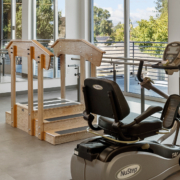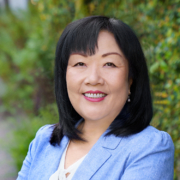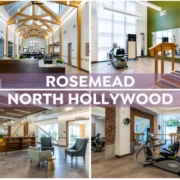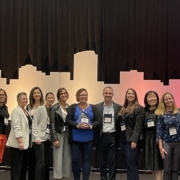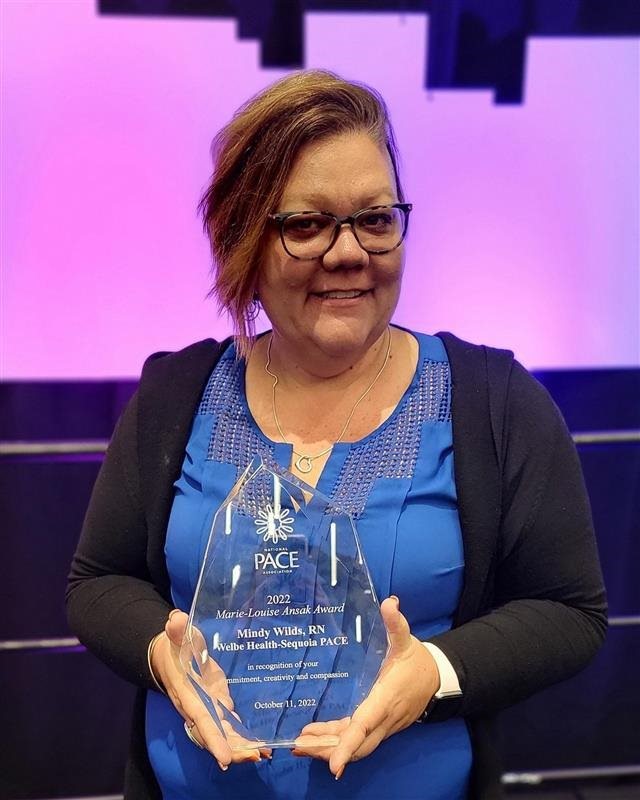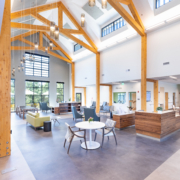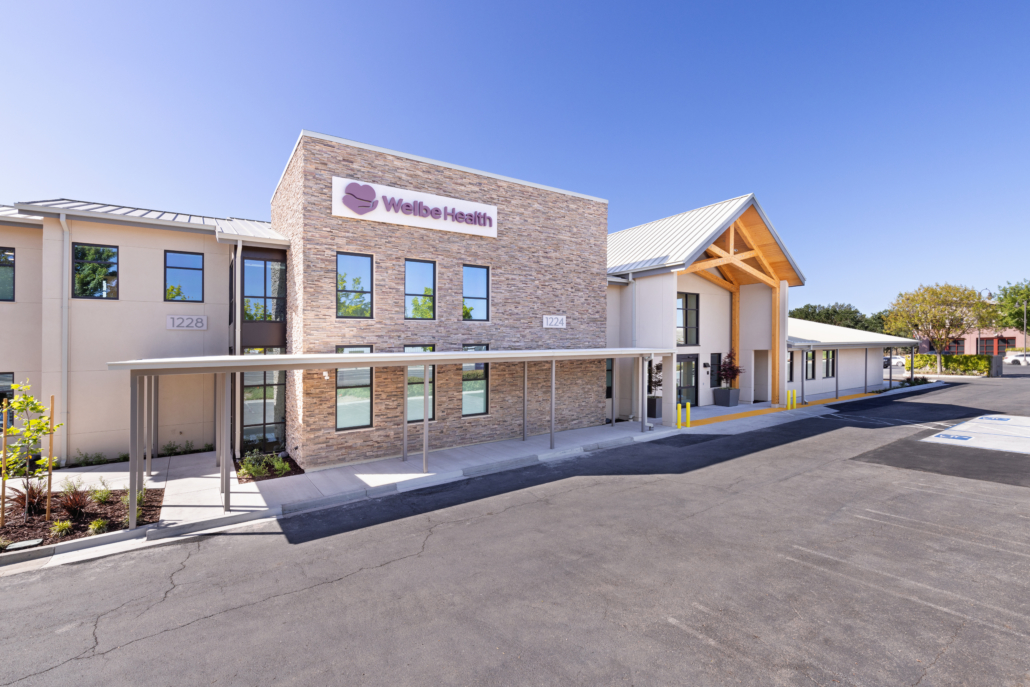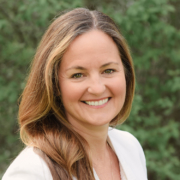WelbeHealth Announces New Chief Operating Officer
WelbeHealth, a physician-led senior health services provider, is proud to announce the appointment of Becca Miller Rose as its Chief Operating Officer. The new role underscores WelbeHealth’s commitment to quality and care excellence as it continues to grow its Program of All-Inclusive Care for the Elderly (PACE) with the expertise of industry-leading talent.
“Becca’s extensive experience leading operations of value-based community health services for seniors makes her uniquely qualified to advance WelbeHealth’s PACE program and mission of serving the most vulnerable seniors with better quality and compassion,” said Matt Patterson, M.D., President of WelbeHealth.”
As COO, Rose will partner with Chief Medical Officer Dr. Michael Le, who she previously worked with at Landmark Health, to lead WelbeHealth’s PACE operations, delivering community-based services across beautiful center locations and in the home and leveraging WelbeHealth’s proprietary tech-enabled care delivery processes. She will ensure consistent, high-quality care and service excellence as the organization expands access to seniors who need PACE.
Rose is a seasoned healthcare operations leader, most recently serving as COO of the Optum Home-Based Medical Care business. She joined Optum as part of its acquisition of Landmark Health, the nation’s largest provider of in-home value-based care. Rose oversaw tremendous growth in the organization’s scalable national service capacity for frail senior populations.
“Through my professional roles as well as personal experience serving hospice patients, I understand the needs of seniors and their family caregivers for higher quality community-based care,” said Becca Miller Rose. “I am excited to address these needs for our most vulnerable populations through expanding access to PACE as WelbeHealth’s operational leader.”
The PACE model consistently delivers exceptional health outcomes and cost-effectiveness through comprehensive health and supportive services for seniors. PACE has demonstrated a 24% reduction in hospitalizations, an 80% improvement in depression scores, and a one-third increase in life expectancy compared with nursing homes. Alongside these health advantages, PACE delivers cost savings to taxpayers amounting to $10,000 per participant annually.
WelbeHealth is expanding its footprint and ensuring that more seniors have access to the exceptional health outcomes and the cost-effectiveness that PACE provides. This commitment is evident in recent leadership appointments and the openings of new centers in San Jose, Rosemead, and North Hollywood.
About WelbeHealth
WelbeHealth is a physician-led public benefit company founded in 2015 that provides comprehensive health care services for seniors through a fully integrated program that includes all medical and dental care, physical and occupational therapy, transportation to medical appointments, meals, and personal care services. WelbeHealth addresses social determinants of health to keep the most vulnerable seniors living safely in their own homes. Services are delivered through the Program of All-Inclusive Care for the Elderly (PACE), a national Medicare and Medicaid program.
CONTACT: Katie Groenke, welbehealth@berlinrosen.com
Angharad Bhardwaj, Angharad.Bhardwaj@welbehealth.com


